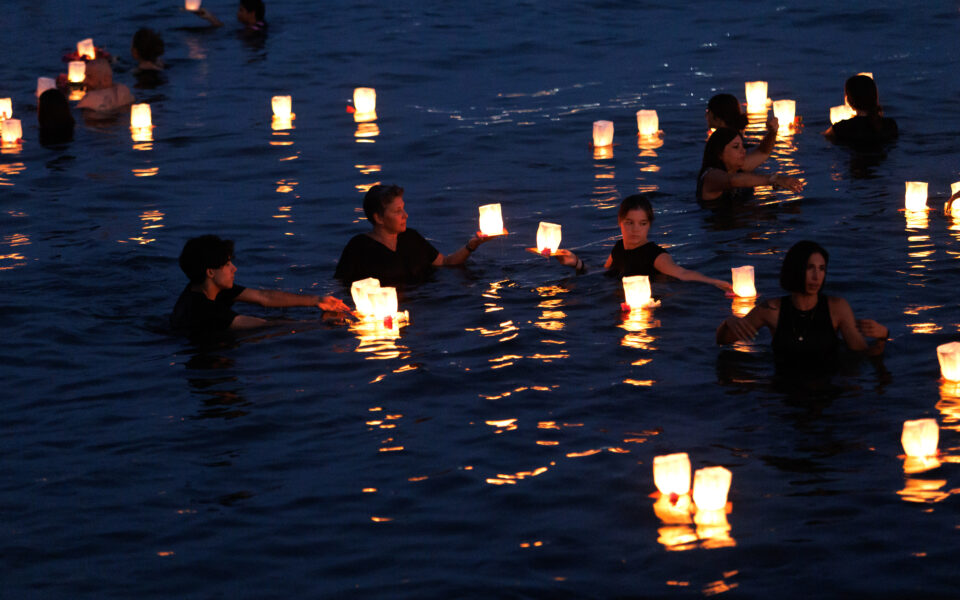Six popular islands in Greece might face additional restrictions


The government warned authorities of six popular Greek islands – including Santorini and Rhodes – on Thursday to contain the spread of coronavirus infections by observing health measures better, or face the introduction of additional restrictions.
During a regular briefing, Deputy Civil Protection Minister for Crisis Management Nikos Hardalias said that a steady rise in infections was recorded in the past ten days on the popular islands of Lefkas, Paros, Rhodes, Santorini, Tinos, and Zakynthos, which raised the government’s concern.
In addition, Ios and again Mykonos are “a step before restrictions are imposed”, he said. A ban on overnight movement and music was imposed on Mykonos recently when infections rose abruptly. Hardalias said the coronavirus watchdog committee in the Health ministry was following developments on the two islands very closely, and authorities would keep up a strict schedule of checks in areas likely to attract crowds.
Other areas in Greece also showing a rise in infections among others included the islands of Spetses, Paxi, Chios, and Evia as well as Thessaloniki, Chalkidiki, Kozani, Florina, Boeotia, and Messinia, he said.
One in two people hospitalized with Covid-19 is under 54 yrs old, doctor says
The rate of people placed ventilators with Covid-19 and of deaths from the disease has stopped its downward trend, childhood infectious diseases doctor Vana Papaevangelou said at a regular briefing on the pandemic on Thursday.
She said that of 1,344 people hospitalized with coronavirus in Greece, 1 in 2 is under 54 years old. The median age of people who need to be hospitalized has dropped to 57-60, the coronavirus health committee member said.
Some of the other data she mentioned at the briefing include the following:
– The rate of infections atrributed to incoming tourists is under 1%, since most of them are vaccinated and have provided a negative test before leaving their country.
– The median age of new infections remains at 25 years of age, with a slight drop in infections of those under 34.
– Nearly 2,500 people over 40 were infected last week; the overwhelming majority was unvaccinated, while 10% of them will need hospitalization.
– Self tests were responsible for 35% of all new diagnoses of infection during the past week, rising to 50% among working people aged 18-65.
Source: amna.gr




